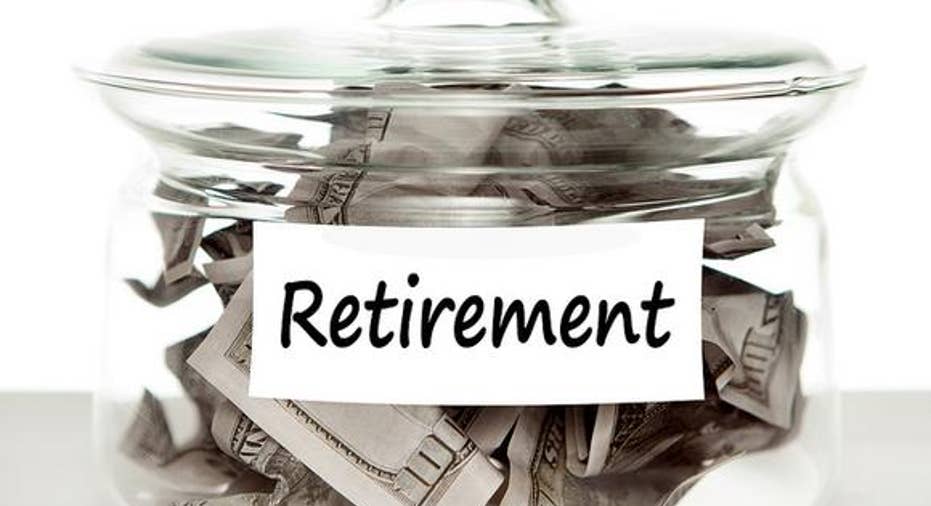Advice for Protecting Elderly From Financial Abuse

As seniors age, the threat of memory loss and confusion grows. It becomes increasingly more important to protect them from those seeking to financially exploit them. Safe investments should be a priority for all aging seniors – and their caregivers.
Seniors lose at least $2.9 billion a year to financial exploitation, according to a recent MetLife study.
Earlier this month, the House of Representatives passed the Senior Safe Act, which aims to make it easier for financial advisors to report financial abuse of the elderly.
Under the legislation, financial institutions and advisors would be protected from legal liability if they disclose financial exploitation of seniors to federal or state securities regulators, law enforcement, adult protective services or other appropriate agencies.
"We applaud the House of Representatives for passage of the Senior Safe Act, which will allow firms to disclose cases of potential senior financial exploitation without the fear of legal ramifications. This type of legislation, paired with collaboration within the industry and beyond, allows us to tackle elder financial abuse head-on to better protect the investments of aging Americans," said Kenneth E. Bentsen, Jr., SIFMA president and CEO, in reaction to the passage. A similar bill is expected to pass in the Senate as well.
Len Hayduchok, CFP and president of Dedicated Financial Advisors in Hamilton, NJ, says there are two broad categories of safe investments: the actual investments and how to go about investing.
On investment instruments, Hayduchok says, “the ideal investment will provide safety, liquidity and performance (income of returns). However, since no investment provides all three, there is no ideal investment.”
He adds, “CDs provide safety and liquidity, but no performance and stocks provide (long-term) performance and liquidity but not (short-term) safety. Fixed annuities provide safety and performance (income or returns that outperform CDs and bonds) but are not liquid.”
When picking an investment, he says, “It is as much about selecting the feature you like about a vehicle as it is about accepting the features you don't like about a vehicle. If you don't know the pluses and minuses about your financial instruments, you don't know them well enough!”
In his list of safe investments he includes CDs and other bank products, fixed annuities and life insurance. He states that stocks can be added to this mix if there are adequate safe and liquid investments in a portfolio that allow a stock portfolio to be invested for an extended period of time --minimally 5 years but preferably 10 -- to allow the potential ups and downs that are typical of equities to balance out over time.
As far as how to go about investing safely, Hayduchok offers the following tips:
Make sure you fully understand your investments - - especially the risks.
Work only with reputable financial advisors that you have fully vetted, including getting references and checking their complaint history with regulatory bodies.
Stay away from non-traditional investments--especially the ones you do not fully understand. If there is no readily available information about them on public information sources, steer clear.
Stay away from investments where the funds are not held by a third party (a firm other than the one making the investment selections).



















